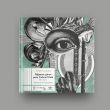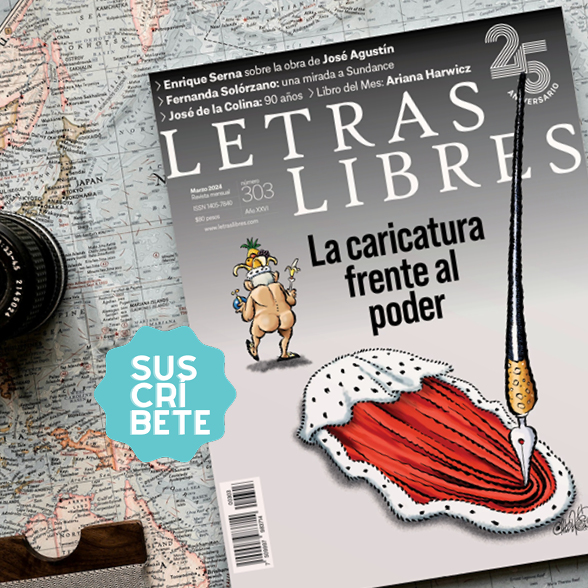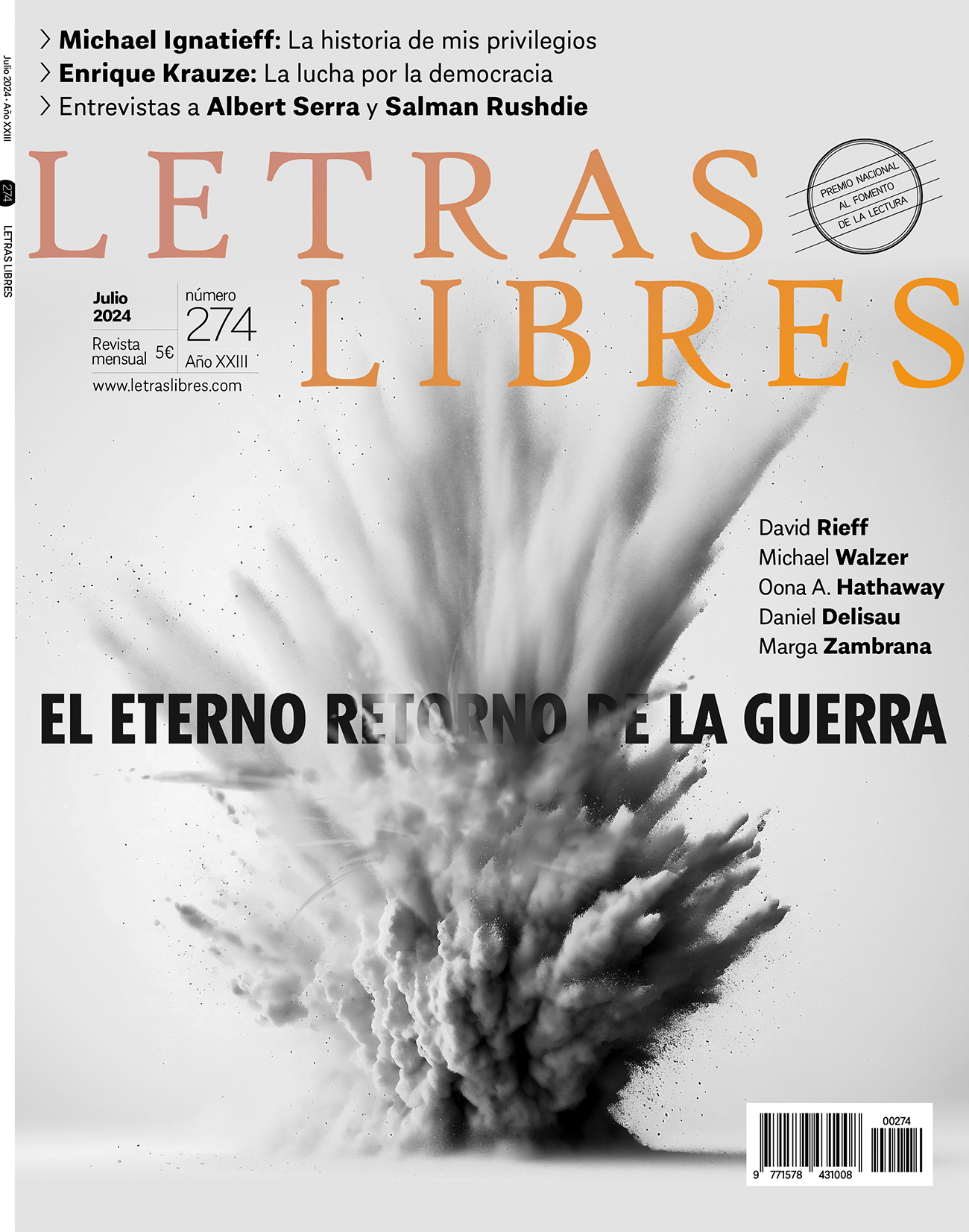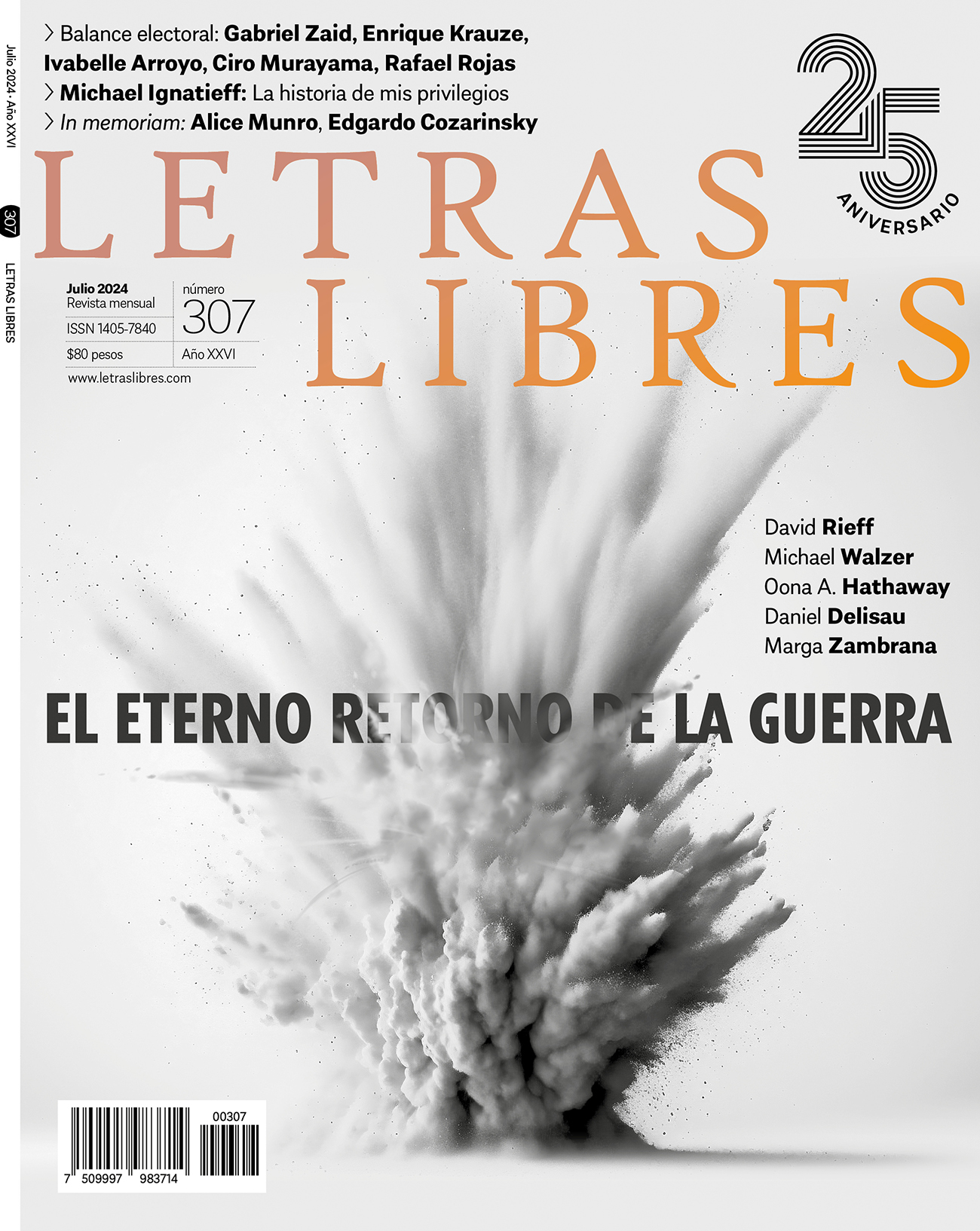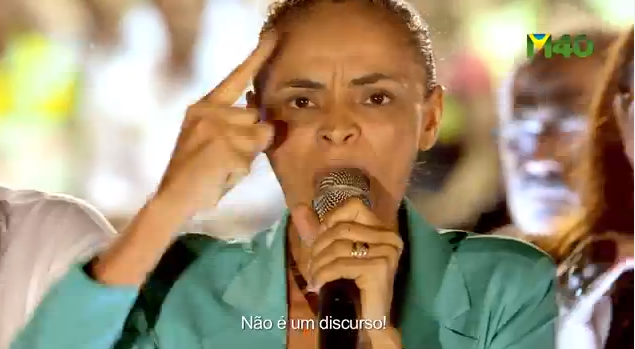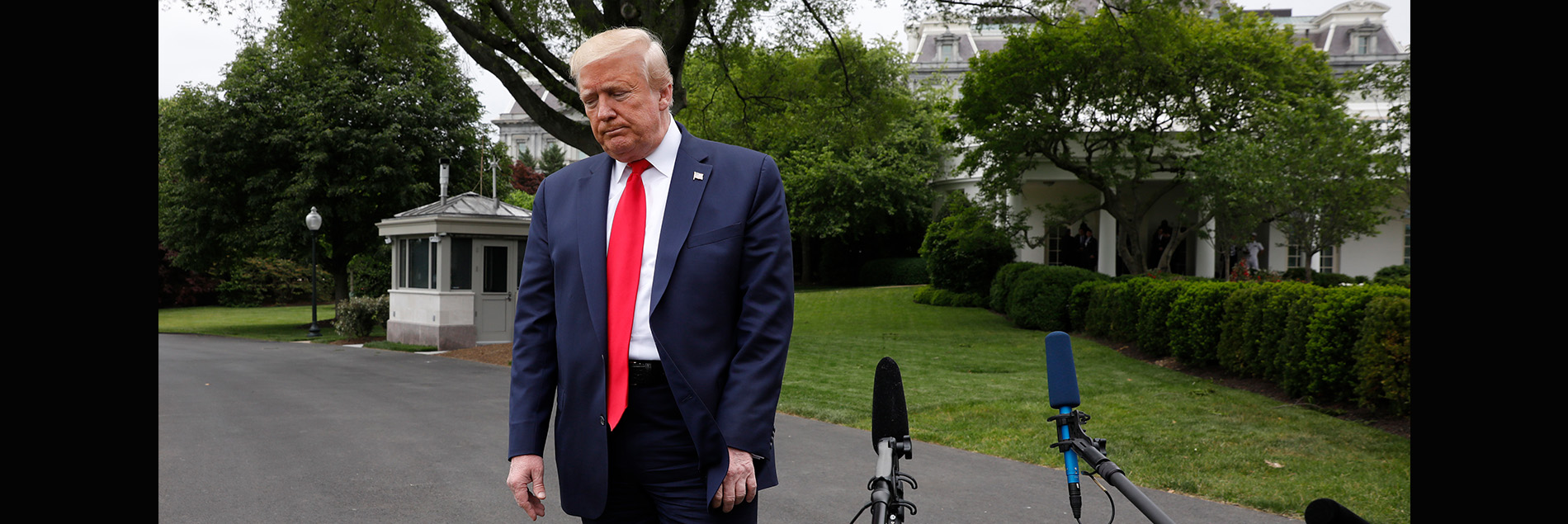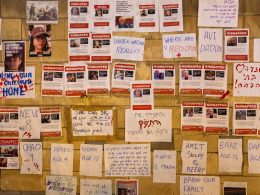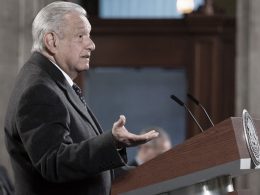The crisis in Catalonia is the biggest challenge the Spanish democracy has ever faced. It is causing serious damage to Catalonia, Spain and the coexistence of its citizens. But it would be unfair to deny that it has a pedagogical function. In a way it is an accelerated course in politics: from the rule of law to plebiscite democracy, from the coup to the monopoly of legitimate violence. If it has shown us things we already knew, it has also often been humbling. On the one hand, it reminds us that we do not always know how to recognize things we have read about in books when they are right in front of us. On the other, it reveals that what we thought we knew doesn’t always apply to current circumstances. Here are some of the things that we have seen these days.
The past is never past. One of the first surprises was anticipated by Scott Fitzgerald and Bob Dylan. “What do you mean, you can’t repeat the past? Of course you can.” Critics of the European Union used to play down its role as guarantor of peace and stability. We Europeans had stopped killing each other because we had learned better ways to resolve conflicts. Wars, ethnic confrontation, and contested borders were a thing of the past. When we turn a corner we see that the pursuer is not so far away and could reach us: we are more fragile than we thought.
Democracy is hard to understand. The independence movement has been more effective in transmitting concepts because they are more easily understood. To equal voting with democracy is inaccurate, but powerful and clear. The separation of powers, the rule of law or respect for minorities are basic elements of our political organization, but less intuitive. This, not only in this specific case, favors populisms in a context where mediation is suspect.
The state may have the strength to impose itself, but that is not enough to impose its narrative. The use of force must be proportional, but also sufficient and effective. It will be reproduced in social networks, mixed with fake news, lies and propaganda, and it will be seen by a society that rejects violence and distrusts the excessive power of the state. That does not mean that a state cannot resort to force: it can and sometimes must. But it has to calculate the costs and evaluate the tactics taking into account new forms of communication.
If you use violence, this violence shouldn’t be photographable. The Catalan coup is postmodern and its aim was to provoke a modern response, which would be difficult to accept for much of the public and international media. The independence movement in Catalonia has broken laws and violated rights. It has singled out critics and denounced those whose enthusiasm was deemed insufficient. For years, dissenting voices were considered hysterical, exaggerated, or fascist; many simply decided to remain silent. The vote was a massive fraud, and it probably violated data protection laws. These forms of violence and abuses are less photogenic than riot police beating citizens.
Reality is stubborn. Despite all the spin and the emphasis on political will, political structures and economic mechanisms matter: as Manuel Arias Maldonado wrote, reality bites. It is not only the law: also the economic interests of corporations and individuals. In recent days we have seen that important Catalan companies have announced that they are moving their headquarters outside Catalonia. Secessionism could now be in a moment of Tsipras in the summer of 2015. Or maybe it can move on, and drag Catalonia into a swamp that would make Brexit look like a puddle.
The abyss and everyday politics. The proximity of the clash between fantasy and reality has provoked tensions in the independence block. At the same time, the constitutionalist front is united when the threat is imminent. As soon as it relaxes, cracks appear: the tendency is to try to take advantage of the usual adversary. This, in turn, ends up inviting danger again.
Polarization fractures society. The strategy of the independence movement was to impose a hegemonic vision. What we are seeing these days, as Aurora Nacarino-Brabo explained, is the culmination of a populist strategy. The strategy has contributed to separating society in two. Dividing between a people and a non-people, who are ignored or despised, can help you win in a moment, but it is a Pyrrhic victory: you destroy the social fabric and the patchwork of affections, and you build a less plural and habitable place.
Another way of saying it is that, as we already know, language creates reality: words matter, often for evil. In much more dramatic circumstances, W. H. Auden wrote a famous poem, “September 1, 1939,” which I have recalled these days. I finish with his last two stanzas:
All I have is a voice
To undo the folded lie,
The romantic lie in the brain
Of the sensual man-in-the-street
And the lie of Authority
Whose buildings grope the sky:
There is no such thing as the State
And no one exists alone;
Hunger allows no choice
To the citizen or the police;
We must love one another or die.
Defenceless under the night
Our world in stupor lies;
Yet, dotted everywhere,
Ironic points of light
Flash out wherever the Just
Exchange their messages:
May I, composed like them
Of Eros and of dust,
Beleaguered by the same
Negation and despair,
Show an affirming flame.
Daniel Gascón (Zaragoza, 1981) es escritor y editor de Letras Libres. Su libro más reciente es 'El padre de tus hijos' (Literatura Random House, 2023).



